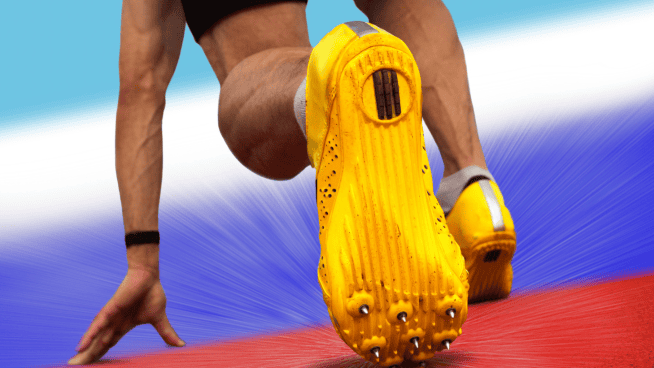4 Rules for Playing Your Best in Clutch Situations
Clutch players in sports are those who seem to play their best when the game is on the line—a.k.a. “when the lights are on.” Players who immediately come to mind include the great Michael Jordan, Tom Brady, Kobe Bryant and Derek Jeter. Of course, these are all Hall of Fame-caliber athletes, but don’t let that stop you from aspiring to become a great clutch player.
Great clutch athletes aren’t born that way. They focus their training so that they are supremely confident in critical situations. In fact, confidence might be the single most important aspect of playing well under pressure. Confident athletes “play to win.” They eagerly look to the next play and quickly forget the last bad one. Without confidence, athletes are susceptible to poor focus, high anxiety, and poor resiliency—which of course result in poor athletic performance.
So how do you play your best when the lights are on? The following tips are designed to help:
1. Keep in mind that confidence is king when it comes to athletic success. So you need to do things that improve your confidence, including setting (and tracking) your goals; soliciting feedback from coaches about what you are doing well; keeping a journal with your daily accomplishments and successes; and using healthy self-talk to keep your attitude positive. Learn how to boost your confidence.
2. Develop a pre-game routine that allows you to prepare your mind. When crafting your pre-game routine, frame the competition in a realistic way—remember it’s still just a game, no matter how many people are watching or what kind of title is on the line. Your mind and body need to be in sync, so when you leave the locker room, you are secure in the knowledge that you have prepared all season to be successful.
3. Learn from role models. It’s never a bad thing to learn as much as you can from legendary sports heroes. Surf the web to find interviews with clutch athletes. What do they do to be successful? What tips can you take away from their experiences? Get started with STACK’s Motivational Stories section.
4. After the game, go back and look for ways to get better. Whether you win or lose, review each game to learn what you did well, and make it a point to do it again in the future. Also, identify any weaknesses and develop new goals and strategies for future improvement.
Playing your best in the clutch is a realistic goal—something you can do with the right mindset. Believe in yourself, read your goals each day and always learn from your mentors and role models.
RECOMMENDED FOR YOU
MOST POPULAR
4 Rules for Playing Your Best in Clutch Situations
Clutch players in sports are those who seem to play their best when the game is on the line—a.k.a. “when the lights are on.” Players who immediately come to mind include the great Michael Jordan, Tom Brady, Kobe Bryant and Derek Jeter. Of course, these are all Hall of Fame-caliber athletes, but don’t let that stop you from aspiring to become a great clutch player.
Great clutch athletes aren’t born that way. They focus their training so that they are supremely confident in critical situations. In fact, confidence might be the single most important aspect of playing well under pressure. Confident athletes “play to win.” They eagerly look to the next play and quickly forget the last bad one. Without confidence, athletes are susceptible to poor focus, high anxiety, and poor resiliency—which of course result in poor athletic performance.
So how do you play your best when the lights are on? The following tips are designed to help:
1. Keep in mind that confidence is king when it comes to athletic success. So you need to do things that improve your confidence, including setting (and tracking) your goals; soliciting feedback from coaches about what you are doing well; keeping a journal with your daily accomplishments and successes; and using healthy self-talk to keep your attitude positive. Learn how to boost your confidence.
2. Develop a pre-game routine that allows you to prepare your mind. When crafting your pre-game routine, frame the competition in a realistic way—remember it’s still just a game, no matter how many people are watching or what kind of title is on the line. Your mind and body need to be in sync, so when you leave the locker room, you are secure in the knowledge that you have prepared all season to be successful.
3. Learn from role models. It’s never a bad thing to learn as much as you can from legendary sports heroes. Surf the web to find interviews with clutch athletes. What do they do to be successful? What tips can you take away from their experiences? Get started with STACK’s Motivational Stories section.
4. After the game, go back and look for ways to get better. Whether you win or lose, review each game to learn what you did well, and make it a point to do it again in the future. Also, identify any weaknesses and develop new goals and strategies for future improvement.
Playing your best in the clutch is a realistic goal—something you can do with the right mindset. Believe in yourself, read your goals each day and always learn from your mentors and role models.













